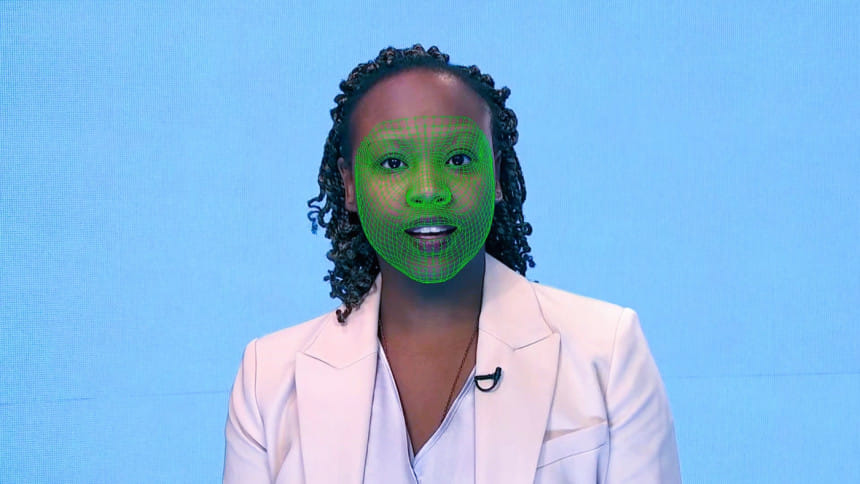EU to fine Google, Facebook, Twitter for failure in deepfake tackling

Alphabet Inc unit Google (GOOGL.O), Facebook Inc, Twitter Inc(TWTR.N) and other tech companies will have to take measures to counter deepfakes and fake accounts on their platforms or risk hefty fines under an updated European Union code of practice, according to an EU document seen by Reuters.
The European Commission is expected to publish the updated code of practice on disinformation on Thursday as part of its crackdown against fake news.
Introduced in 2018, the voluntary code will now become a co-regulation scheme, with responsibility shared between the regulators and signatories to the code.
The updated code spells out examples of manipulative behaviour such as deepfakes and fake accounts which the signatories will have to tackle.
"Relevant signatories will adopt, reinforce and implement clear policies regarding impermissible manipulative behaviours and practices on their services, based on the latest evidence on the conducts and tactics, techniques and procedures (TTPs) employed by malicious actors," the documentsaid.
Deepfakes are hyperrealistic forgeries created by computer techniques that have triggered alarm worldwide in particular when they are used in a political context.
The code will also be linked to tough new EU rules known as the Digital Services Act (DSA) agreed by the 27-country European Union earlier this year which has a section on combating disinformation.
In effect, companies which fail to live up to their obligations under the code can face fines of as much as 6% of their global turnover based on DSA rules. They have six months to implement their measures once they have signed up to the code.
Signatories will also have to take measures to tackle advertising containing disinformation and provide more transparency on political advertising.
"The DSA provides a legal backbone to the Code of Practice against disinformation – including heavy dissuasive sanctions," EU industry chief Thierry Breton, who is leading the EU's crackdown on disinformation, told Reuters in a statement.
Commission Vice President Vera Jourova said Russia's invasion of Ukraine, which the former calls a special operation, underpinned some of the changes in the code.
"Once the Code is operational, we will be better prepared to address disinformation, also coming from Russia," she said in a statement.

 For all latest news, follow The Daily Star's Google News channel.
For all latest news, follow The Daily Star's Google News channel. 








Comments